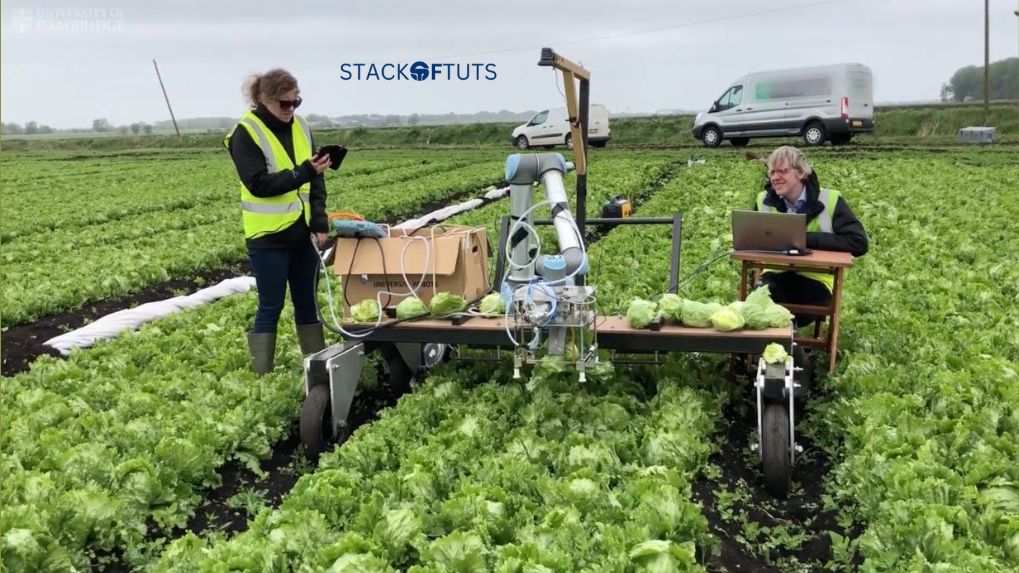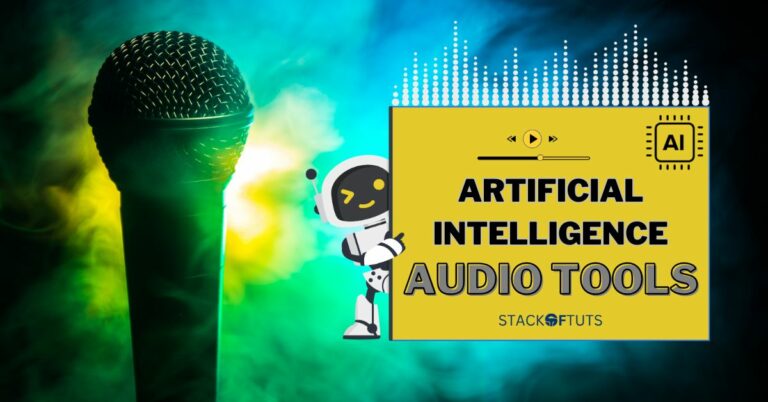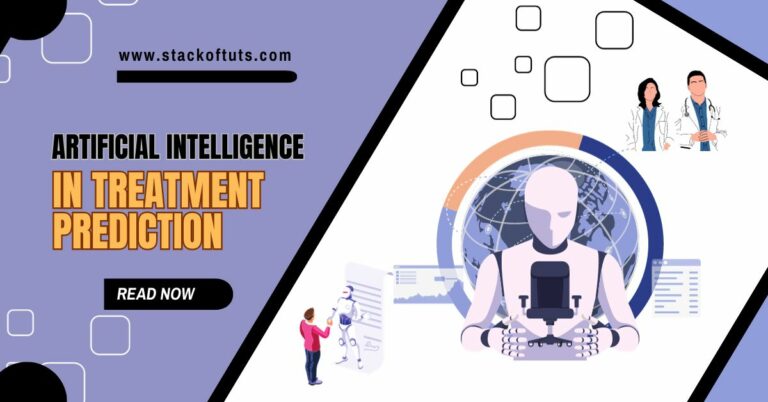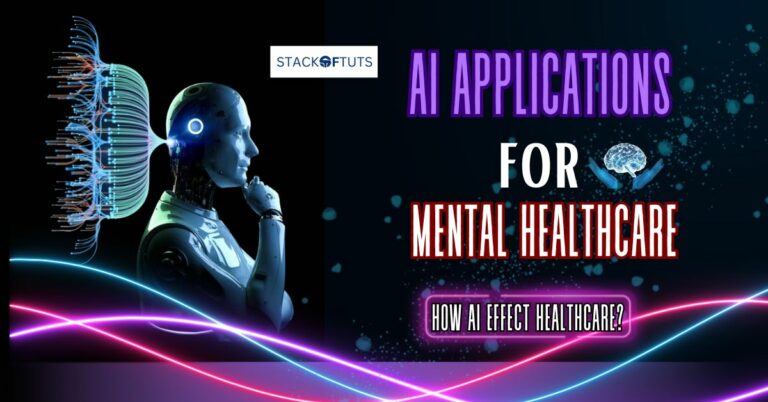
We are at the beginning of a new technological era, one that promises to redefine industries. Artificial intelligence holds a prime spot among the trailblazing innovations, showcasing its unmatched capability to revolutionize sectors. The food and agriculture sector is one of the most pivotal realms experiencing this AI-driven metamorphosis. Indeed, harnessing artificial intelligence to improve the food and agriculture sectors is transforming the methodologies of food production, processing, and consumption.
In this discourse, we will explore the diverse mechanisms by which artificial intelligence to improve the food and agriculture sectors is emerging as an industry catalyst.
Understanding AI
At its core, artificial intelligence (AI) embodies machines’ capacity to emulate human cognitive functions. Equipped to think, analyze, and decide, these machines capitalize on sophisticated algorithms and expansive datasets to address challenges and execute operations.
For a complete guide also read about Artificial intelligence used in Agriculture dive into this link for exclusive insights and captivating discoveries!”
Can artificial intelligence help improve the food and agriculture sectors?
Absolutely! Artificial intelligence offers innovative solutions in the food and agriculture sectors. From predicting weather patterns that affect crops to identifying pests and diseases early, AI tools can optimize farming practices. Not only does it boost crop outputs, but it also supports green and eco-friendly practices. At its heart, AI promises to reshape agriculture, making farming methods more streamlined, eco-conscious, and lucrative.
Top Applications How AI Evaluates the Food and Agriculture Domain
Artificial intelligence’s influence is deeply felt across multiple sectors, with agriculture standing out prominently. While AI has manifold uses in farming, let’s explore some primary ways it enhances the food and agriculture realms.
1). Precision Agriculture and AI’s Role

Artificial intelligence to improve the food and agriculture sectors plays an integral role in precision agriculture. Through the use of AI algorithms, farmers can now make better decisions about when to plant, irrigate, and harvest. Drones equipped with AI-driven cameras can survey land and analyze soil health, ensuring that crops get the right nutrients and water at the right time.
2). Crop Disease and Pest Detection

Gone are the days when farmers had to rely solely on their experience to identify diseases or pests. Now, with AI-driven image recognition tools, early detection of crop diseases becomes a breeze. This not only helps in timely intervention but also minimizes the use of pesticides, promoting sustainable farming.
3). AI in Supply Chain Optimization

The journey from the farm to the dining table involves multiple steps. Artificial intelligence to improve the food and agriculture sectors ensures this journey is smooth and efficient. Through predictive analytics, AI helps in forecasting demand, thus reducing food waste. Moreover, it aids in logistics, ensuring that the produce reaches the consumer while it’s fresh and nutritious.
4). Robot-Assisted Harvesting

While automation in agriculture isn’t new, the inclusion of AI makes it more efficient. Robot harvesters, powered by AI, can now differentiate between ripe and unripe produce, ensuring that only the best-quality produce reaches the market. This not only enhances productivity but also reduces labor costs.
5). Enhancing food safety with AI

Food safety is paramount, and AI is at the forefront of ensuring it. By analyzing vast amounts of data, AI can identify potential contamination or quality issues in real time. This prevents foodborne diseases and recalls, ensuring the health and safety of consumers.
Benefits of Using AI in Food and Agriculture

- Improved food security: By maximizing yields, reducing post-harvest losses, and streamlining the supply chain, AI plays a pivotal role in ensuring food security. As the world’s population grows, artificial intelligence to improve the food and agriculture sectors becomes even more crucial to feeding billions.
- Reduced Environmental Impact: With precision agriculture, resources like water and fertilizers are used more efficiently, leading to reduced waste. Moreover, early disease detection can limit the use of pesticides, contributing to a cleaner environment.
- More Sustainable Farming Practices: AI-driven insights can lead to crop rotation strategies that improve soil health and reduce erosion. Additionally, the use of drones and automated machinery can decrease the carbon footprint of traditional farming methods.
- Increased Profitability for Farmers: By minimizing losses and optimizing resources, farmers can reap more significant profits. With AI, even small-scale farmers can access insights previously available only to large agricultural enterprises.
FAQs
AI, short for artificial intelligence, refers to computer systems designed to mimic human intelligence and perform tasks such as recognizing patterns, solving problems, and making decisions.
AI can be utilized in various ways in agriculture, from monitoring soil health and predicting weather patterns to optimizing irrigation and detecting pests or diseases in crops early.
When used responsibly, AI can promote sustainable farming practices that are environmentally friendly, reducing waste and resource consumption.
While AI can automate certain tasks, the human touch and expertise remain irreplaceable. AI is expected to complement human roles, making processes more efficient, rather than completely replacing them.
Conclusion
In every step, from our farms to our dining tables, the impact of artificial intelligence is evident. Utilizing artificial intelligence to improve the food and agriculture sectors goes beyond merely boosting earnings; it’s about paving the way for a sustainable future rich in food security. As AI advancements unfold, we look forward to even greater innovations in this crucial sector.
Thanks!





